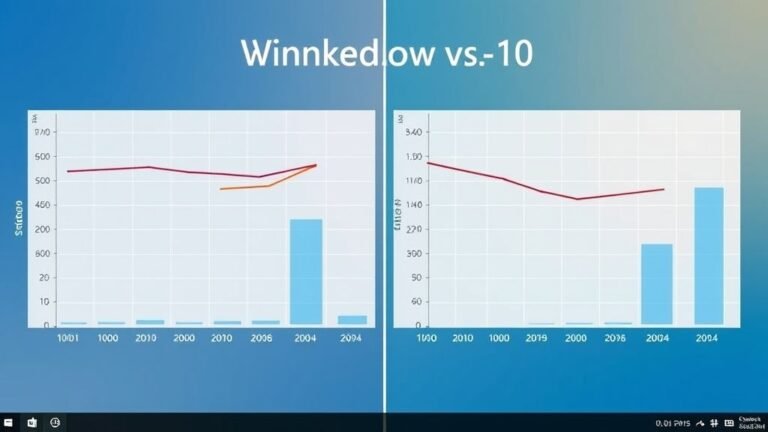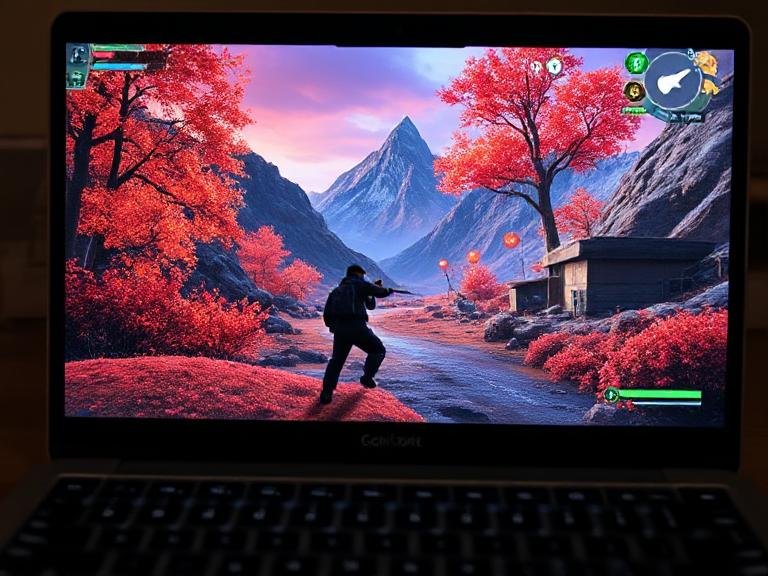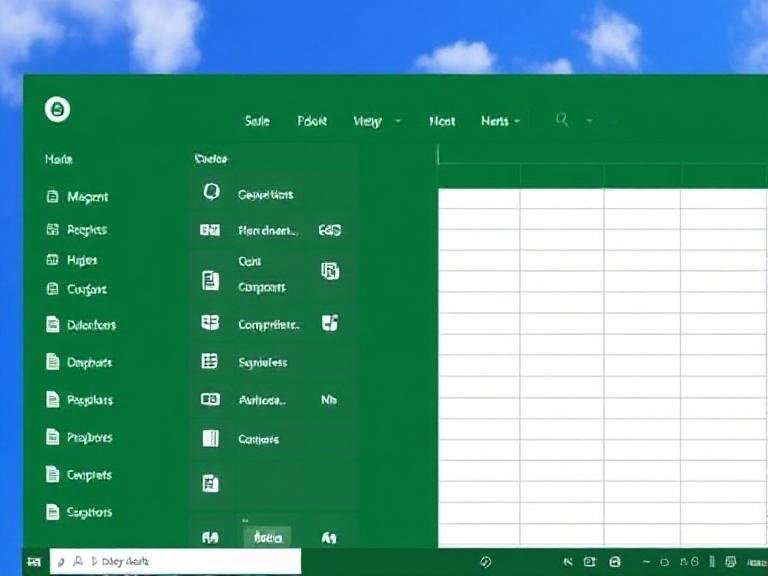
Many users may recall the widespread panic surrounding the Y2K problem, where concerns about global system failures arose from software applications using only the final two digits of years for date storage. This created confusion between 1900 and 2000, potentially causing catastrophic failures. Fortunately, extensive efforts by software vendors and engineers prevented major issues. Now, as we approach a similar challenge, Debian is taking proactive steps to address the impending Y2K38 problem.
Understanding the Y2K38 Threat
The Y2K38 issue, also known as the Unix Epochalypse, affects older 32-bit architectures that will face critical failures in 2038. This occurs because signed Unix datetime values will overflow the 32-bit space on January 19, 2038, at 03:14:07 UTC, causing bugs in associated software systems. Given that Debian’s first release dates back to 1993, maintainers acknowledge that significant computing operations still rely on 32-bit architecture.
Debian’s Proactive Approach
With approximately 13 years remaining before the critical date, Debian developers are implementing solutions now rather than scrambling at the last minute as occurred with Y2K. According to The Register, this forward-thinking approach demonstrates the project’s commitment to long-term system stability.
Technical Implementation Details
Starting with Debian 13 “Trixie,” maintainers will implement 64-bit time_t formats even on 32-bit architectures. This represents a substantial undertaking, as developers discovered time_t variable usage scattered across 6,429 packages. The scope of this change underscores the complexity of maintaining backward compatibility while addressing fundamental system limitations.
Architecture-Specific Considerations
The implementation strategy includes specific approaches for different architectures:
- The i386 port will retain existing 32-bit time_t for compatibility with existing x86 binaries
- A new ‘i686’ x86 ABI/architecture using 64-bit time could be developed if community interest warrants extending 32-bit x86 support
- The hurd-i386 port will not be switched due to kernel limitations, with efforts focused on transitioning to hurd-amd64 instead
Preparing for Potential Compatibility Issues
This transition may create breaking changes for some applications, making it crucial for developers to test their programs’ responses to the time_t variable switch using resources available on the Debian wiki. Such preparation ensures smooth migration and minimizes disruption to existing software ecosystems.
Broader Industry Impact
Interestingly, the Y2K38 problem extends beyond Linux systems, potentially affecting certain older Windows programs and out-of-support Windows operating systems. This widespread impact highlights the importance of proactive measures like those being implemented by the Debian project to prevent cascading failures across diverse computing platforms.





